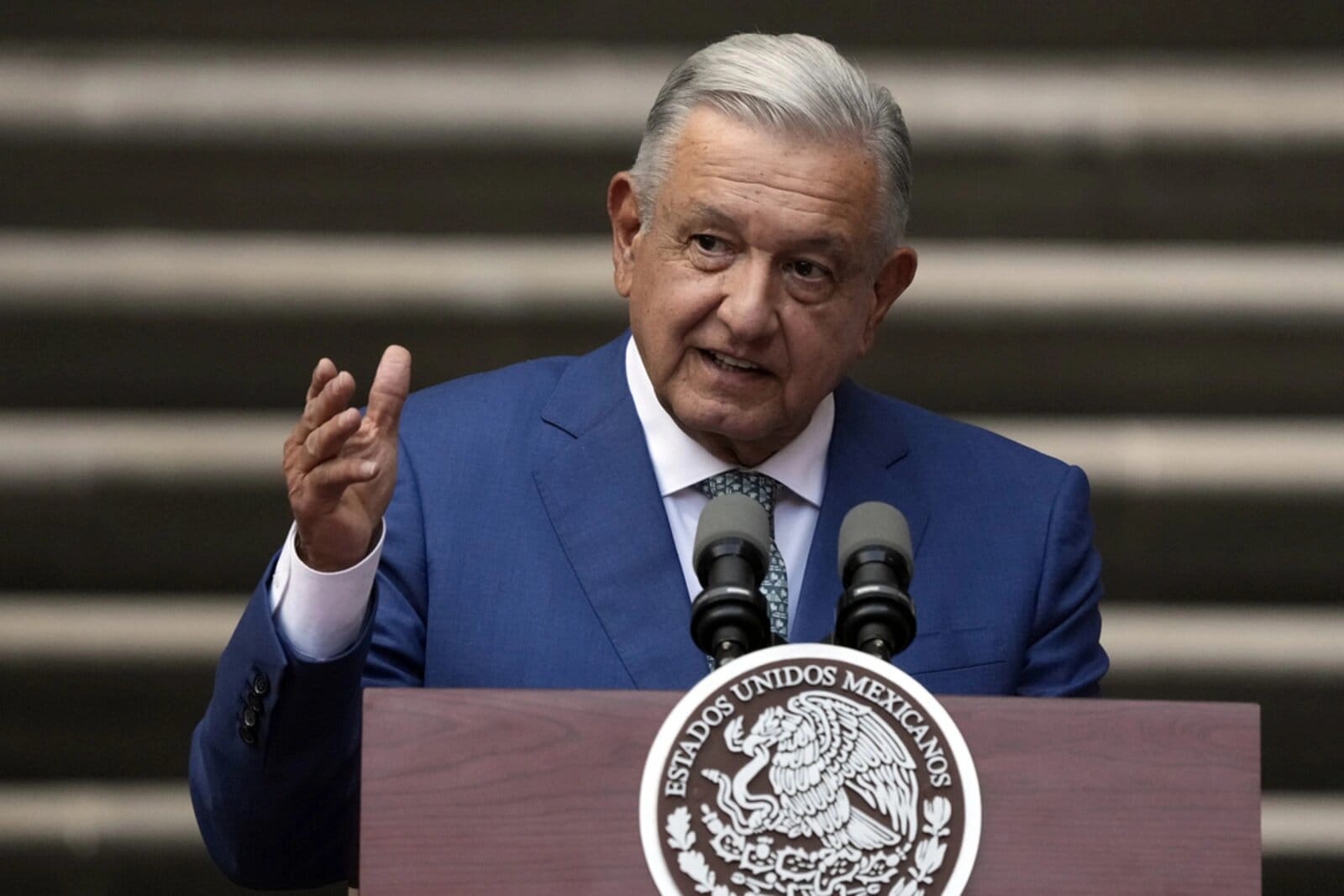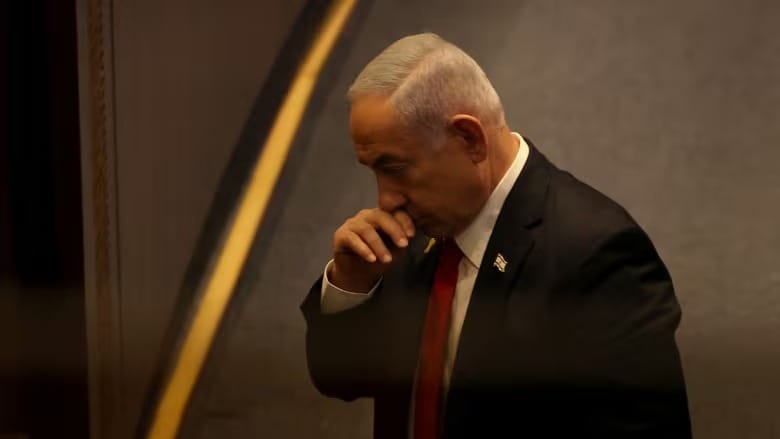Following criticism of judicial reform, Mexico suspends diplomatic ties with the United States and Canada
U.S. Ambassador Ken Salazar expressed concerns about the reform, warning it could pose a significant risk to Mexico's democracy and potentially affect U.S.-Mexico trade relations.

Mexican President Andrés Manuel López Obrador announced a "pause" in relations with the U.S. and Canadian embassies in Mexico after their ambassadors criticized a proposed judicial reform he supports.
The reform, which aims to elect judges, including Supreme Court justices, by popular vote, was passed by a committee in the lower house of Congress and is expected to be approved when the new Congress takes office in September.
U.S. Ambassador Ken Salazar expressed concerns about the reform, warning it could pose a significant risk to Mexico's democracy and potentially affect U.S.-Mexico trade relations.
Similarly, Canadian Ambassador Graeme Clark voiced worries about the reform's impact on investment. In response, López Obrador criticized the ambassadors for their comments, asserting that Mexico's independence must be respected.
The "pause" in relations appears to be symbolic, aimed at sending a message rather than severing ties completely. López Obrador emphasized that the pause would remain until the embassies confirmed their respect for Mexico's sovereignty.
The announcement led to a 1.3% drop in the value of the Mexican peso in mid-morning trading.
The proposed reform has sparked significant debate in Mexico. Proponents argue it will enhance democracy and address perceived flaws in the judicial system, while critics warn it could undermine judicial independence and increase the risk of criminal influence over the courts.
The reform requires a two-thirds vote in Congress to amend the Constitution, a threshold that López Obrador's party and its allies are close to achieving.





